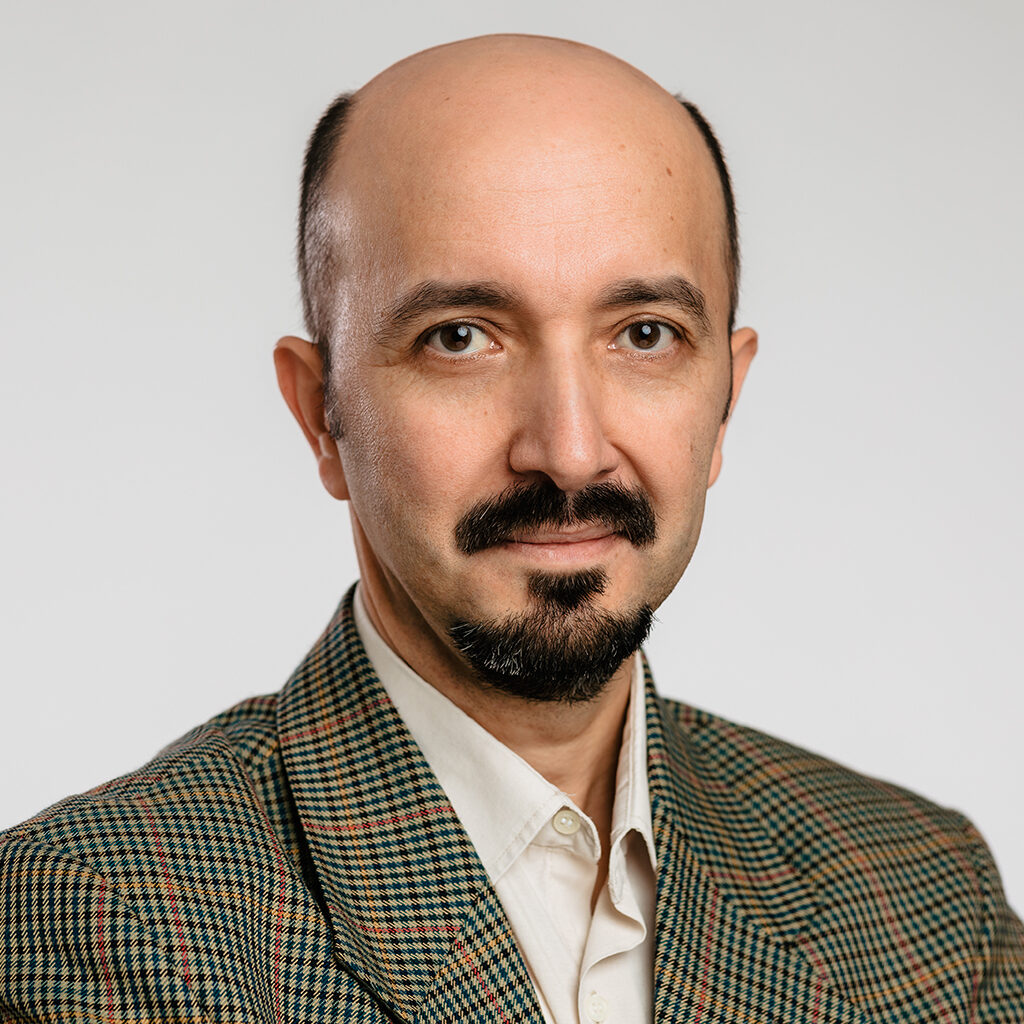Menu

A key component of the operational model for HCEMM is the co-development of Advanced Core Facilities (ACFs) aligned with the strengths of the founding institutions. The HCEMM ACF model follows the modus operandi of the EMBL core facilities. The main goal is to optimally support researchers with a high measurement volume and a low error rate, so that the efficiency of HCEMM’s research groups is increased in terms of excellence (output of high-quality scientific papers) and sustainability (ability to generate income by competitive grants, spin-offs and technology transfer agreements). In order to achieve these goals, research groups are encouraged to use the equipment of the ACFs instead of purchasing their own, which results in a more efficient use of resources, avoiding unnecessary duplications and improving the utilization of measurement capacities.
The ACFs presents a range of services tailored to the requirements of HCEMM researchers. Simultaneously, it also serves as an EU-level infrastructural, competence and training base that offers its capacities for any Hungarian and EMBL partner researcher as well as for external users.
The HCEMM ACFs provide clear benefits to researchers, such as:
The ACFs serve as a bridge between the research groups involved in technology development and future users who expect to utilize novel technology achievements in their mature form. The ACF network builds on the expertise of research groups, but its advanced technologies will be developed towards streamlining their utilization by a larger userbase. An important focus of the HCEMM is to bring our ACF network into direct contact with research groups and companies developing interesting, applicable technologies.
Our ACFs are established in Szeged and Budapest, so that they provide the best support to the HCEMM founding institutions located in these cities.

Ferhan Ayaydin PhD
This project has received funding from the European Union’s Horizon 2020 research and innovation programme under grant agreement No 739593. HCEMM supported by EU Programme: H2020-EU.4.a. – Teaming of excellent research institutions and low performing RDI regions. Project starting date was 1 April 2017.






